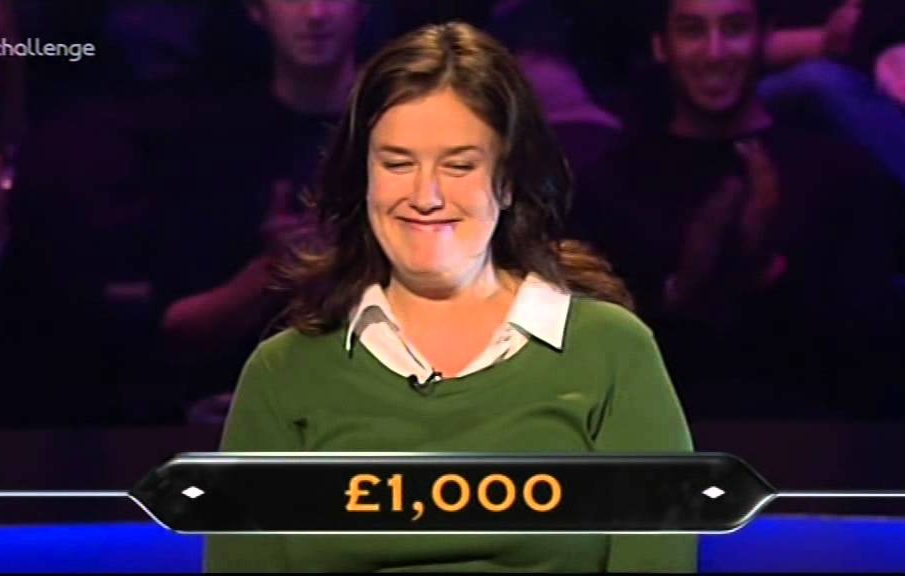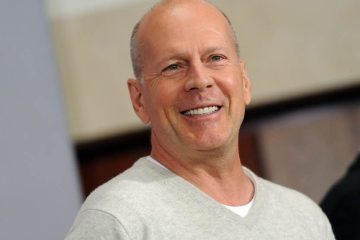Who Wants to Be a Millionaire: A Timeless Quiz Show

Introduction
Since its debut in 1998, ‘Who Wants to Be a Millionaire’ has captivated audiences worldwide with its compelling format that tests contestants’ knowledge under pressure. The show’s cultural impact is undeniable, cementing its place as a staple in television history. With adaptations in numerous countries, its enduring popularity raises questions about the evolution of the quiz show genre and its relevance in contemporary entertainment.
Recent Developments
As of 2023, ‘Who Wants to Be a Millionaire’ continues to thrive in the UK with its revamped format, featuring celebrity specials and themed weeks. The current host, Jeremy Clarkson, has brought a fresh perspective to the show, appealing to both long-time fans and new viewers. Recent episodes have included questions focusing on current affairs, pop culture, and history, thus broadening the show’s appeal and keeping the format dynamic.
Additionally, the show has embraced technological advancements with interactive features that allow home viewers to engage in real-time through app-based polls, making it more than just a passive viewing experience. This integration of technology demonstrates the show’s commitment to evolving with audience expectations, fostering a participatory environment.
Significance and Cultural Impact
The show’s significance is highlighted by its ability to create cultural moments—who can forget the iconic lifeline ‘Phone a Friend’ or the suspenseful moments leading to a contestant’s decision to ‘Ask the Audience’? Such moments have permeated popular culture, often referenced in various forms of media.
‘Who Wants to Be a Millionaire’ has also been instrumental in philanthropic efforts, with numerous editions centred around raising funds for charities. Its celebrity specials have raised millions for various causes, showcasing the show’s capacity to contribute positively to society while entertaining millions.
Conclusion
In conclusion, ‘Who Wants to Be a Millionaire’ remains a significant television phenomenon. It adapts to changing viewer habits while still fulfilling its core purpose: to offer contestants the chance to change their lives through knowledge and strategy. As the show progresses, it is likely we will see more innovations that keep it relevant in an ever-evolving entertainment landscape. Its legacy and continued success demonstrate that knowledge still reigns supreme—now more than ever, a worthiness rooted in both fun and serious engagement.









